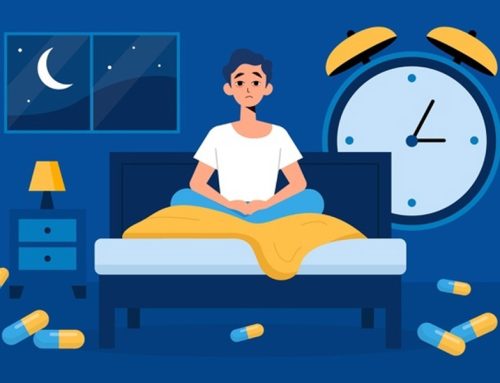The science of sleep is a complex and fascinating field that has garnered a great deal of attention in recent years. From the role of sleep in physical and mental health to the mechanisms that regulate sleep, there is a lot to learn about this essential aspect of human biology.
First and foremost, it’s important to understand that sleep is a vital part of human health. We need sleep to rest and restore our bodies and minds, and a lack of sleep can have serious consequences for our physical and mental well-being.
During sleep, our bodies go through a series of cycles that involve different stages of brain activity and muscle activity. These cycles are important for regulating various functions in the body, including energy metabolism, immune system function, and hormone production.
One of the most well-known stages of sleep is rapid eye movement (REM) sleep, which is characterized by rapid eye movements, increased brain activity, and the paralysis of major muscle groups. REM sleep is thought to be important for learning, memory consolidation, and emotional regulation.
In addition to REM sleep, there are also several other stages of sleep, including light sleep and deep sleep. Light sleep is a transitional stage between wakefulness and deep sleep, and it is characterized by slower brain waves and a decreased level of muscle activity. Deep sleep, also known as slow-wave sleep, is characterized by even slower brain waves and a complete lack of muscle activity. Deep sleep is thought to be important for physical restoration and growth.
There are several factors that can affect the quality and quantity of sleep we get. These include things like age, lifestyle factors (such as diet and exercise), and environmental factors (such as noise and lighting).
One of the most common causes of sleep problems is stress, which can disrupt the body’s natural sleep-wake cycle. Other common causes of sleep problems include medical conditions (such as sleep apnea and restless leg syndrome), certain medications, and poor sleep habits (such as staying up late or sleeping in an uncomfortable bed).
Fortunately, there are many things we can do to improve our sleep. Some of the most effective strategies include establishing a regular sleep schedule, creating a comfortable and relaxing sleep environment, and practicing relaxation techniques (such as meditation or deep breathing).
In conclusion, the science of sleep is a complex and multifaceted field that continues to be a focus of research and study. By understanding the importance of sleep and the factors that can affect it, we can take steps to ensure that we get the restful and restorative sleep we need to stay healthy and function at our best.



